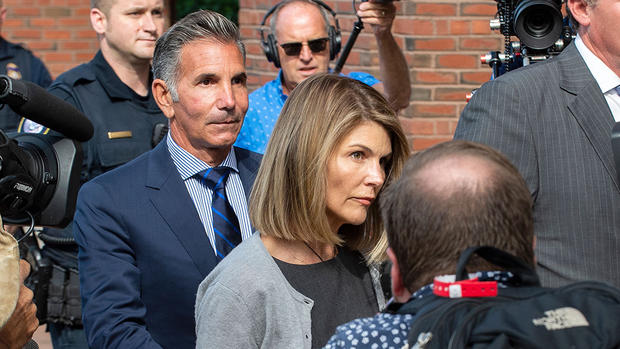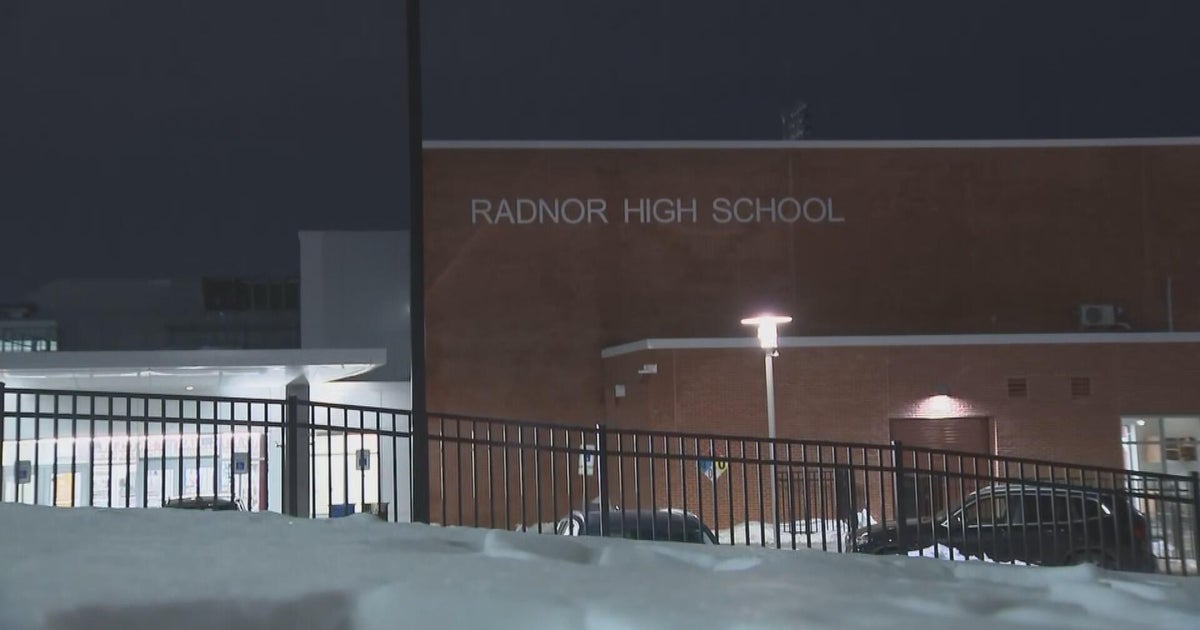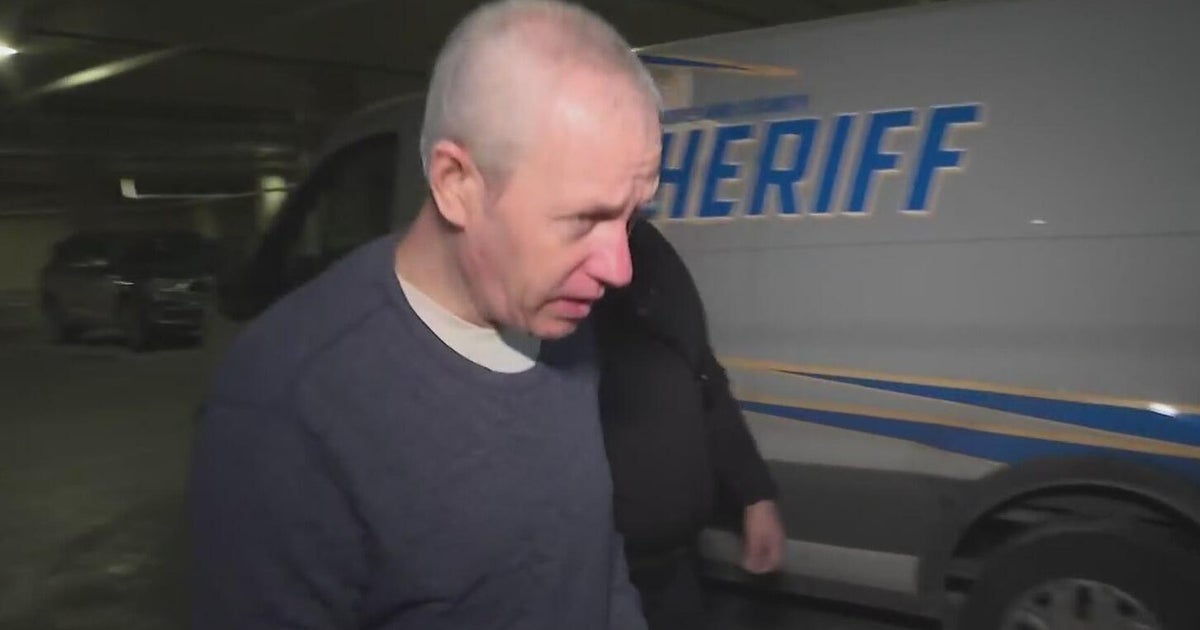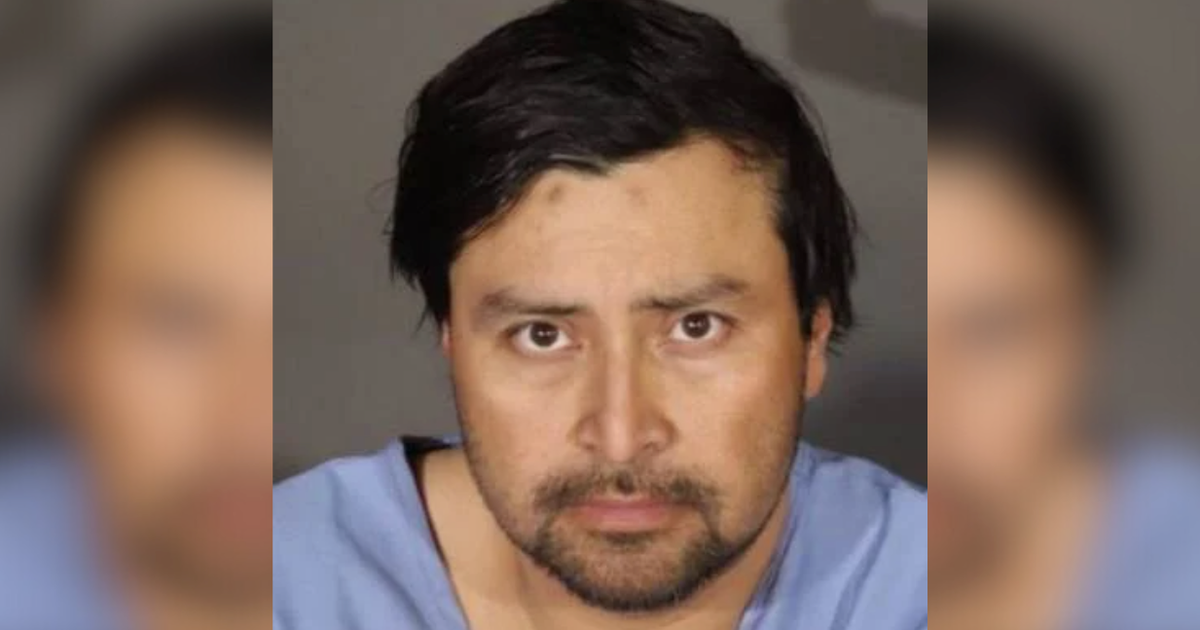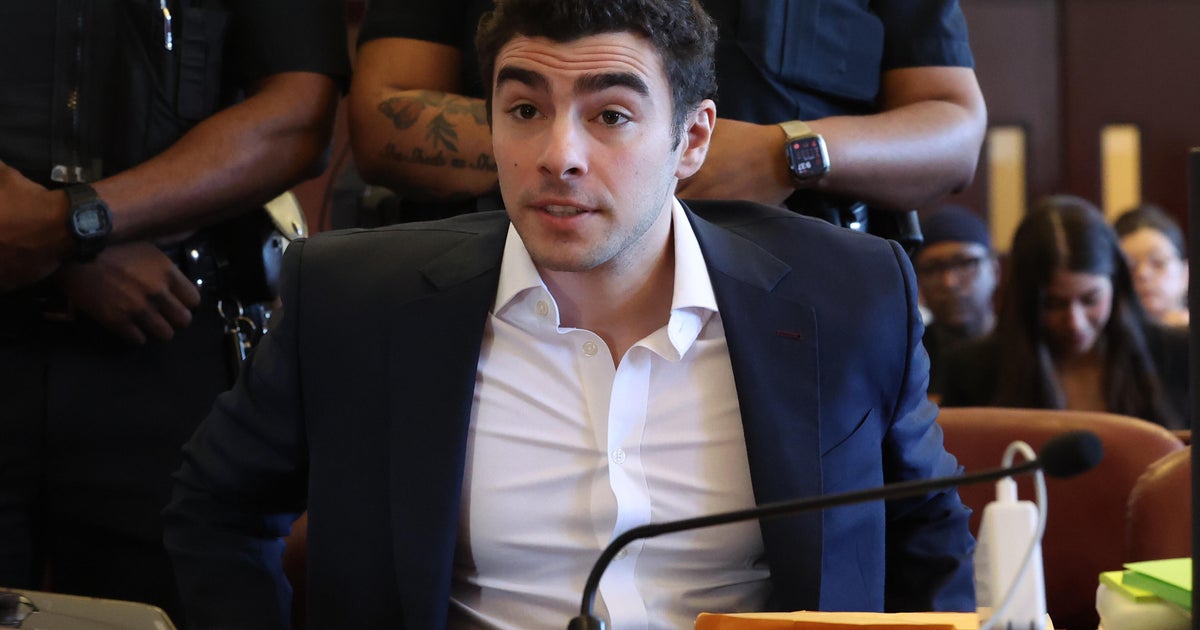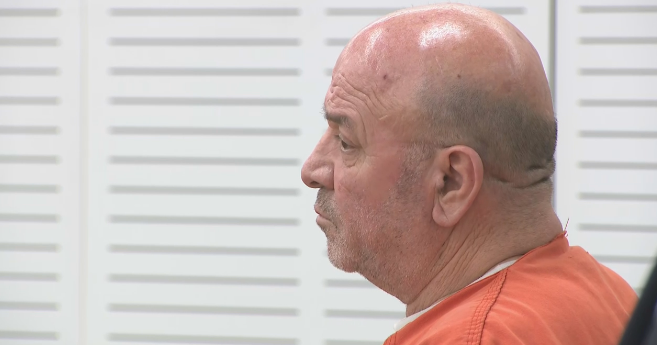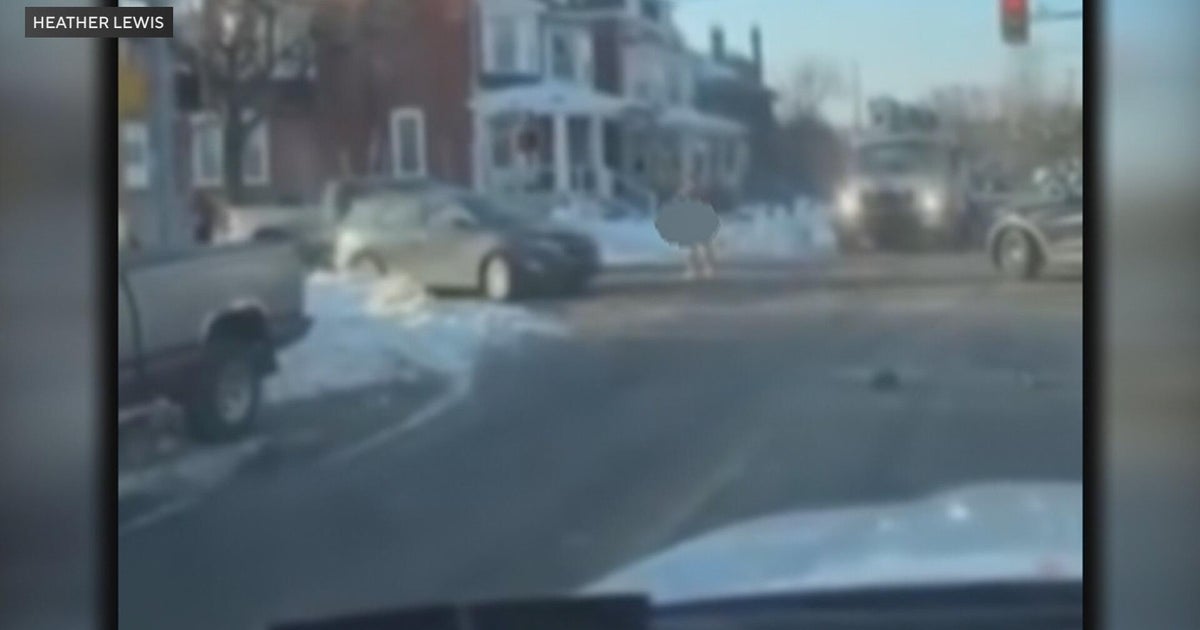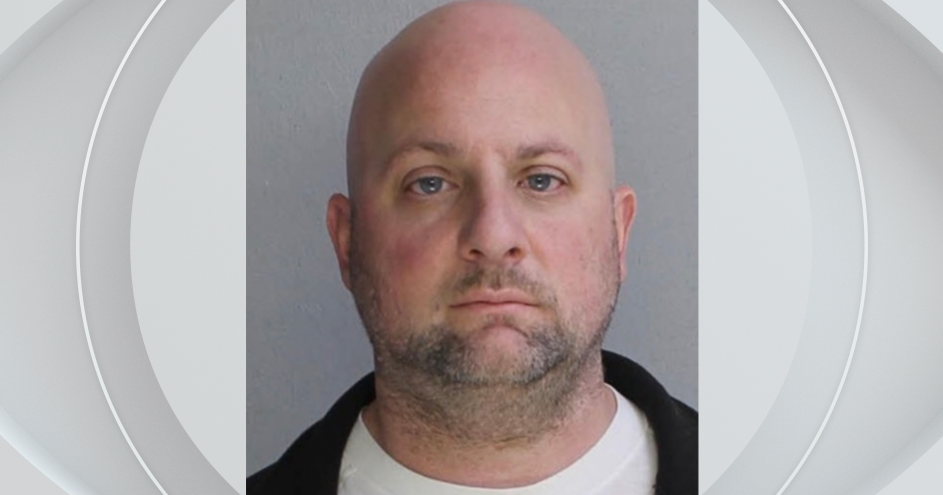Loughlin, Giannulli: College Bribery Charges Must Be Tossed
BOSTON (AP) — "Full House" Actress Lori Loughlin, her fashion designer husband, Mossimo Giannulli, and other prominent parents told a judge Wednesday that he should dismiss charges against them in the college admissions bribery case, accusing prosecutors of "extraordinary" misconduct.
Defense attorneys for the the famous couple and other parents still fighting the charges say the case cannot stand because investigators bullied their informant into lying and then concealed evidence that would bolster the parents' claims of innocence.
"The extraordinary government misconduct presented in this case threatens grave harm to defendants and the integrity of this proceeding. That misconduct cannot be ignored," the lawyers wrote.
An email seeking comment was sent Wednesday to a spokeswoman for the U.S. attorney's office in Boston.
Loughlin and Giannulli are scheduled to go on trial in October on charges that they paid $500,000 to get their daughters into the University of Southern California as crew recruits even though neither girl was a rower. Prosecutors say they snapped photos of the girls sitting on rowing machines to help make fake athletic profiles that portrayed them as star athletes.
Six other wealthy parents accused of participating in the scheme will stand trial alongside them. Another six parents are scheduled to face trial in January.
The defense says prosecutors withheld evidence that would support the parents' argument that they believed the payments were legitimate donations. The evidence — notes from the phone of the scheme's admitted mastermind, admissions consultant Rick Singer — was not given to the defense until February, the defense says.
Singer wrote in the notes that FBI agents yelled at him and told him to lie to get parents to say things in recorded phone calls that could be used against them. Singer wrote that FBI agents told him to say that he told parents the payments were bribes.
"Loud and abrasive call with agents. They continue to ask me to tell a fib and not restate what I told my clients as to where the money was going — to the program and not the coach and that it was a donation and they want it to be a payment," Singer wrote, according to court documents.
The defense told the judge that prosecutors' "extraordinary misconduct warrants extraordinary relief."
"For government agents to coerce an informant into lying on recorded calls to generate false inculpatory evidence against investigative targets—and to then knowingly prosecute those targets using that false evidence—is governmental malfeasance of the worst kind," the lawyers wrote.
Singer's notes weren't given to the defense until February because the government believed they were privileged and didn't review them further after discovering them in October 2018, prosecutors have said. Prosecutors say it doesn't matter whether Singer called the payments bribes or donations, because it was still an illegal quid pro quo.
The defense said if the judge doesn't dismiss the case, he should at least prevent prosecutors from using the "tainted recordings" at trial and order a hearing to "uncover the full truth about the recordings and the government's efforts to fabricate and conceal evidence."
(© Copyright 2020 The Associated Press. All Rights Reserved. This material may not be published, broadcast, rewritten or redistributed.)
